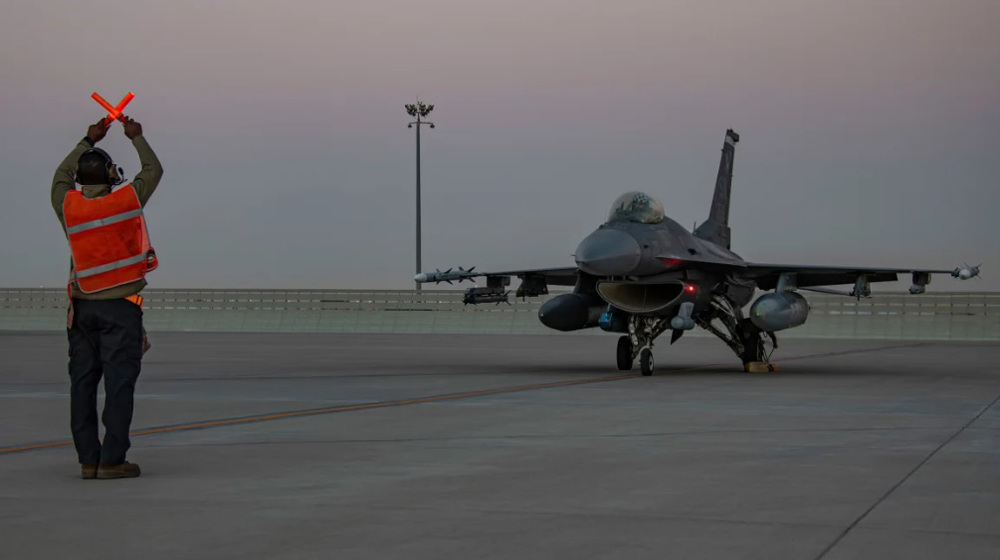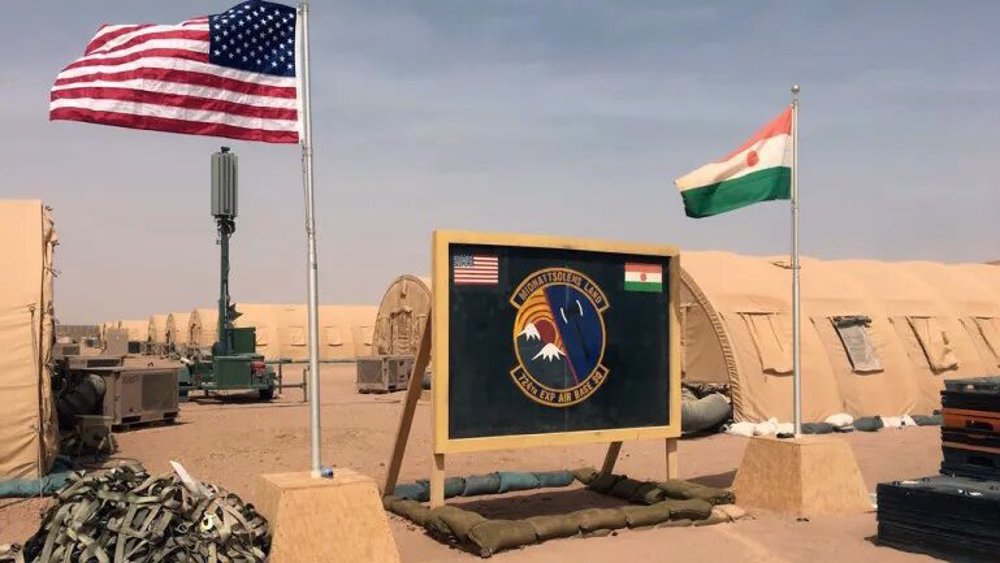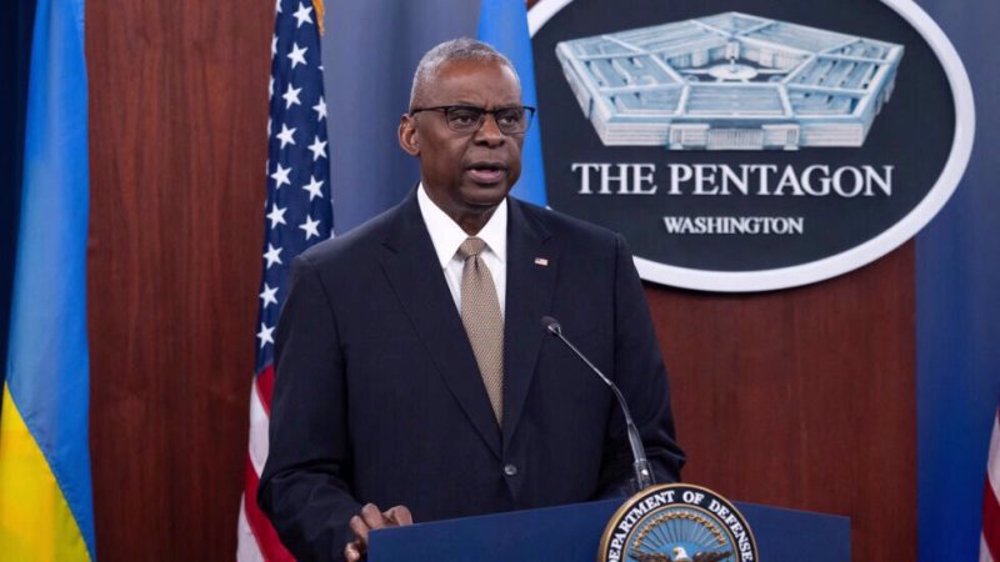US using N Korean nuclear tests as pretext for pivoting towards Asia
UN sanctions imposed on North Korea over the past decade have failed to prevent Pyongyang from expanding its nuclear and missile programs, a UN panel of experts says, while the US has used the North’s activities as a pretext for expanding its military build-up in Asia.
"There are serious questions about the efficacy of the current United Nations sanctions regime," the experts said in a Monday report.
The report came at a time that the UN Security Council is working on a new sanctions resolution to punish North Korea for its January nuclear test and a Sunday rocket launch, which some believe was a disguised ballistic missile test.
"Sanctions have not prevented the Democratic People's Republic of Korea from gradually improving and expanding its nuclear and ballistic missile capabilities," said the report, using the official name of North Korea.
The Security Council has imposed four rounds of sanctions on Pyongyang since its first nuclear test in 2006, but the experts said they found "no indications that the country intends to abandon its nuclear and ballistic missile programs."
On Sunday, North Korea said a missile, carrying an earth observation satellite called Kwangmyongsong-4, was launched from the country’s northwestern Dongchang-ri base at around 0030 GMT, and that the satellite successfully entered orbit about 10 minutes later.
Pyongyang also announced on January 6 that it had successfully conducted its first hydrogen bomb test, and pledged to continue developing its nuclear program as a means of “deterrence” against potential acts of aggression from the US.

On Monday, a Pentagon spokesman said that the US and South Korea will begin formal talks in the coming days about deploying the sophisticated Terminal High Altitude Area Defense (THAAD) anti-ballistic missile system to the Korean Peninsula in response to recent North Korean “provocations.”
Washington said the deployment of the missile system to the Korean Peninsula acts as a deterrent against North Korea’s ballistic missile program. Russia and China, however, say such a move would undermine stability on the restive peninsula.
"When pursuing its own security, one country should not impair others' security interests," China’s Foreign Ministry spokeswoman Hua Chunying said in a statement.
The Obama administration is trying to keep its focus on a widely advertised shift to Asia, under the so-called "pivot" strategy, which the US has pursued since 2011. The White House argues that no region is more important to Washington’s long-term interests than Asia. Some political observers, however, believe the US tries to use the strategy to impose its hegemony and thwart China's peaceful rise in Asia.
Global pressure on Israel to raise possibility of Gaza truce: Iran FM
VIDEO | US police arrest 25 students at University of Virginia amid pro-Palestine rally
Ireland’s Trinity College joins pro-Palestine student protests
VIDEO | Meta aiding Israel?
Iraqi resistance strikes target in Israeli Haifa Port with cruise missile
New US-led groups monitoring sanctions on North Korea will fail: Envoy
VIDEO | Complaint lodged against Italian government over complicity in Gaza genocide
VIDEO | Austrians take to street in support of Gaza














 This makes it easy to access the Press TV website
This makes it easy to access the Press TV website